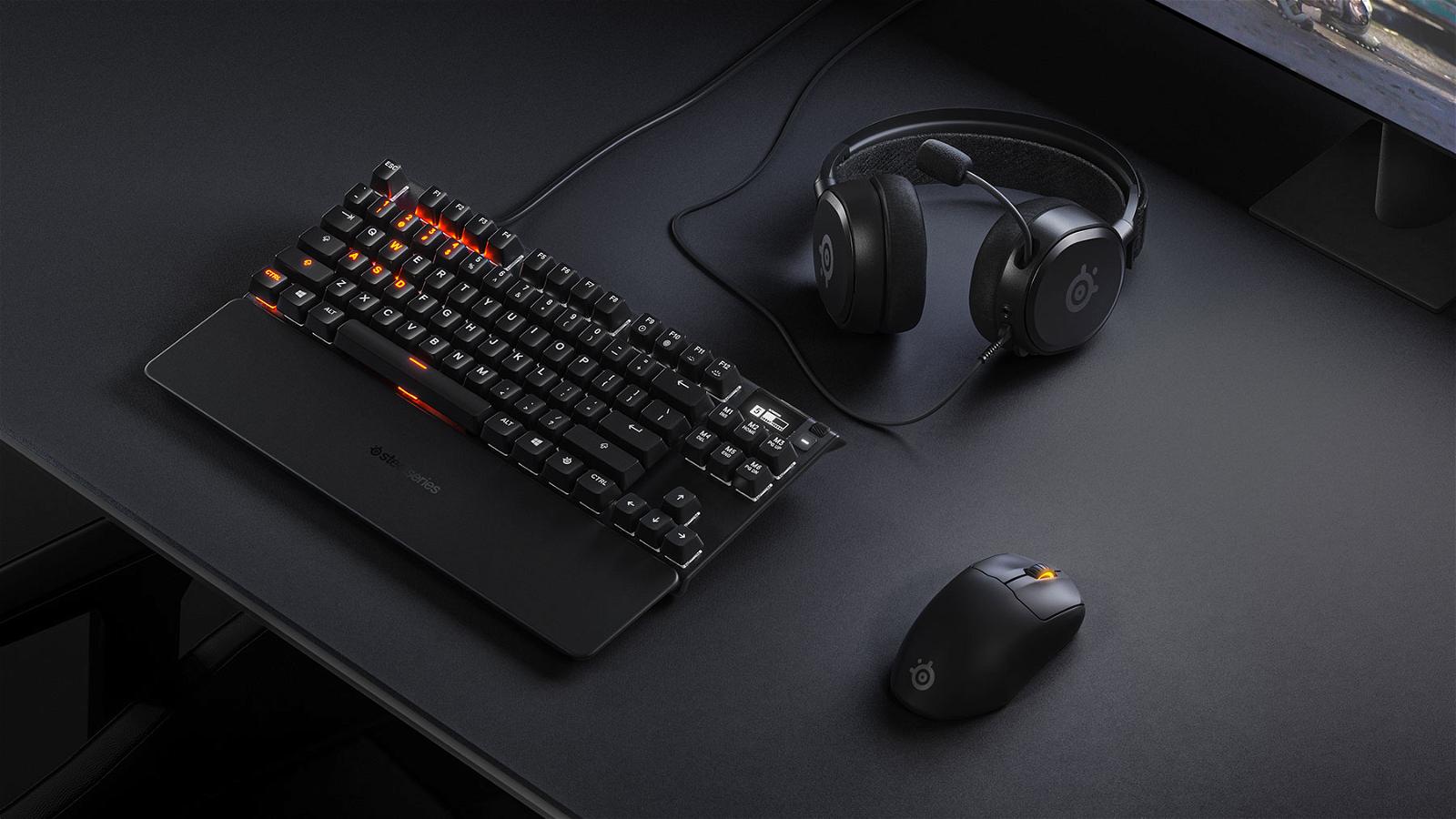Few games have had the impact and cultural significance of PlayerUnknown’s Battlegrounds (PUBG) and its mobile counterpart, PUBG Mobile. Once the undisputed kings of the battle royale genre, these games captivated millions of players around the world and helped define an entire gaming era. But what led to PUBG’s meteoric rise, and why has it struggled to maintain its dominance in the crowded gaming landscape? Let’s explore the story of PUBG and PUBG Mobile, from their groundbreaking achievements to the challenges they now face.
The Meteoric Rise of PUBG
When PUBG launched in early access in March 2017, it was a revolutionary concept. The game, developed by Brendan “PlayerUnknown” Greene and Bluehole Studio, introduced players to a massive 100-player battle royale experience, where the last person (or team) standing would emerge victorious. The game combined elements of survival, strategy, and intense firefights, creating a unique and thrilling experience.
By December 2017, PUBG had officially released and sold over 30 million copies on PC alone. It quickly became a global phenomenon, with streamers and YouTubers showcasing the game’s intense and unpredictable action. The success of PUBG also led to a significant increase in interest in the battle royale genre, influencing countless other games, including Fortnite, which would soon become one of its biggest rivals.
PUBG Mobile: Reaching an Even Bigger Audience
In March 2018, PUBG Mobile launched, bringing the battle royale experience to smartphones. The game’s developers, in collaboration with Tencent, optimized the experience for mobile devices, making it accessible to millions more players who didn’t have gaming PCs or consoles. PUBG Mobile’s success was unparalleled, especially in markets like India, Southeast Asia, and China. It became one of the most downloaded and played mobile games in the world, with millions of active users logging in daily, reaching one billion downloads by 2021.
What Made PUBG and PUBG Mobile So Popular?
Several factors contributed to PUBG and PUBG Mobile’s rapid ascent:
- Pioneering the Battle Royale Genre: PUBG was one of the first games to popularize the battle royale format, laying the groundwork for other titles to follow. The idea of dropping into a vast map with nothing and scavenging for weapons and gear while battling other players was both thrilling and addictive.
- Realistic Gameplay: Unlike some of its competitors, PUBG emphasized realism and tactical combat. Players had to consider bullet drop, weapon recoil, and sound cues, adding a layer of strategy that appealed to more serious gamers.
- Accessibility Through PUBG Mobile: By launching a high-quality mobile version, PUBG reached an enormous global audience. The game’s free-to-play model, combined with regular updates and seasonal content, kept players engaged and coming back for more.
The Fall: Competition, Controversies, and Market Saturation
Despite its incredible success, PUBG’s dominance began to wane, and several factors contributed to its decline since its meteoric rise, such as:
1. Fierce Competition
The battle royale genre quickly became saturated with competitors. Fortnite, which introduced a more casual and building-based take on the genre, quickly captured a massive audience, particularly in the West. Games like Call of Duty: Warzone and Apex Legends further split the player base, offering faster-paced and more polished experiences.
Moreover, games like Fortnite were not only free-to-play but also featured cross-platform play and constant updates, keeping the experience fresh and exciting. PUBG’s slower pace and less frequent updates made it less appealing to some players, causing them to move to other titles.
2. Technical Issues and Hackers
From the beginning, PUBG suffered from performance issues, including lag, frame rate drops, and bugs. These problems were exacerbated on lower-end PCs and consoles. While Bluehole worked to improve the game’s performance, it was often too little, too late for many players.
Additionally, the game was plagued by hackers, especially in the PC version. Cheating became a widespread issue, frustrating players and driving many away. Although anti-cheat measures were implemented, the damage had already been done, and the game’s reputation suffered.
3. Bans and Controversies
In some regions, PUBG Mobile faced legal and governmental challenges. For example, in India, one of PUBG Mobile’s largest markets, the game was banned in 2020 due to concerns over data privacy and its ties to China’s Tencent. The ban dealt a significant blow to the game’s player base and revenue.
While Krafton, PUBG’s parent company, later released a modified version called Battlegrounds Mobile India to comply with regulations, the loss of momentum was hard to recover from.
Where Does PUBG Stand Today?
Despite its struggles, PUBG and PUBG Mobile still maintain a dedicated fanbase. PUBG: Battlegrounds transitioned to a free-to-play model in 2022, attracting new players and giving the game a second wind. The developers have also continued to release updates, including new maps, modes, and features to keep the gameplay experience engaging.
PUBG Mobile remains popular in several regions, especially in Asia, and continues to host large-scale esports tournaments with significant prize pools. However, the game’s glory days of being the definitive battle royale experience have passed, as newer and more innovative titles dominate the scene.
The Legacy of PUBG
While PUBG may no longer be at the top, its impact on the gaming industry is undeniable. It pioneered the battle royale genre and inspired countless other games, leaving a lasting legacy that will be remembered for years to come. PUBG’s success also proved the potential of mobile gaming, showing that high-quality, competitive experiences could thrive on smartphones.
As the gaming landscape continues to evolve, PUBG’s story serves as a reminder of how quickly the industry can change and the challenges of staying on top. Whether you’re a longtime fan or a newcomer, PUBG’s place in gaming history is well-deserved, and its influence will be felt for years to come.






